- Seckinger HS
- Course List
-
Social Studies
-
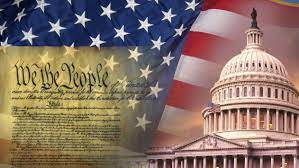
American Government
American Government
This is a required course designed to provide students with a fundamental understanding of their rights and responsibilities as citizens by examining the American political structure and process. Topics of study include the origin and growth of representative democracy, the development of the U.S. Constitution founded on the concept of federalism, landmark legal decisions and their impact on constitutional government, the adaptive nature of the political process as influenced by political parties, special-interest groups and media coverage, as well as a comparison of our political system with other forms of government throughout the world.
-

Advanced Placement American Government
Advanced Placement American Government
AP U.S. Government and Politics provides a college-level, non-partisan introduction to key political concepts, ideas, institutions, policies, interactions, roles, and behaviors that characterize the constitutional system and political culture of the United States. Students will study U.S. foundational documents, Supreme Court decisions, and other texts and visuals to gain an understanding of the relationships and interactions among political institutions, processes, and behaviors. They will also engage in disciplinary practices that require them to read and interpret data, make comparisons and applications, and develop evidence-based arguments. In addition, they will complete a political science research or applied civics project.
-

Civic Engagement
Civic Engagement
This course is designed to guide students to develop an understanding of civil dialogue as well as its key concepts and the frameworks of civic engagement in a democracy. Through the scope of this course students will explore civic engagement as it relates to democratic citizenship and its historical context and identity. Students will learn about different approaches, techniques, and public participation processes that may lead to more active participation and civic engagement at the local level. A deep look into authentic participation in America will allow students to understand their rights and responsibilities as well as where those rights come from and how they are exercised. Students will be provided with research, case studies and experiential learning opportunities to demonstrate methods of civic engagement and apply the practical means that will be implemented to engage in their community, state, and nation.
-

Economics
Economics
This one semester course offers students the opportunity to study the issues of scarcity and choices related to the utilization of limited resources. Students learn how to apply the tools of economic analysis to personal, community, national, and international issues. Economic preparedness enables students to make choices relying on past historical and geographical knowledge to actively engage in our complex society.
-

Advanced Placement Macro Economics
Advanced Placement Macro Economics
AP Macroeconomics is a college-level course that introduces students to the principles that apply to an economic system as a whole. The course places particular emphasis on the study of national income and price-level determination. It also develops students’ familiarity with economic performance measures, the financial sector, stabilization policies, economic growth, and international economics. Students learn to use graphs, charts, and data to analyze, describe, and explain economic concepts.
-
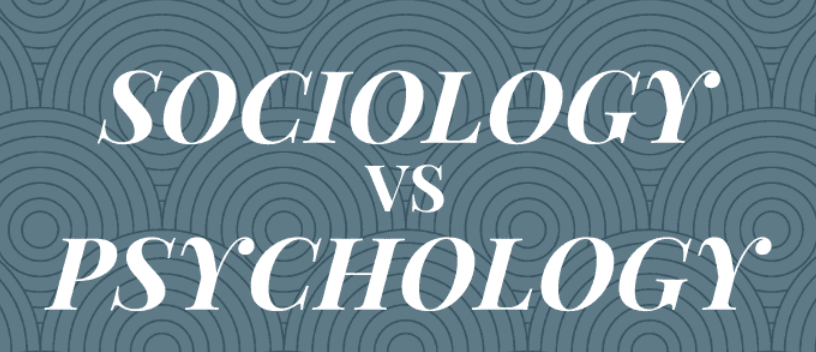
Psychology/Sociology: 11th/12th Graders
Psychology/Sociology (11th/12th Graders)
Psych introduces you to understanding your behavior & the behavior of others; Sociology studies human society in combination with social behavior.
-
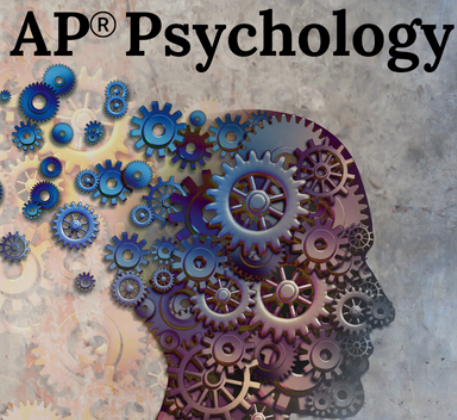
Advanced Placement Psychology: 11th/12th Graders
Examine the scientific nature of psychology, as well as brain & human development & function; behavioral processes.
-
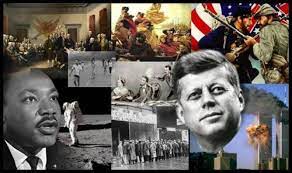
United States History
United States History
This two-semester course provides a comprehensive, chronological survey of the history of the United States. Students examine topics beginning with the period of exploration and colonization, and then continue through independence and revolution, constitutional debate between the Federalist and Republicans, Jeffersonian and Jacksonian democracy, sectionalism and civil war, reconstruction and industrialization, immigration and urbanization, imperialism, and the progressive era, World War I and the Great Depression, World War II and the Cold War. The course concludes with a study of the emergence of modern America. A list of specific course related skills are located in the Gwinnett County Public Schools Academic Knowledge and Skills handbook & at www.gcpsk12.org.
-

Advanced Placement United States History
Advanced Placement United States History
Almost daily, you will be reading and analyzing primary source and secondary source documents. Further, you will be taught Historical Thinking Skills on how to analyze and interpret these documents.
AP US History is not a content driven course, but a skills based course. The traditional way history classes have been taught with lecture and story-telling will not be the focus of this course. The focus is research, document analysis and writing.
-

World History
World History
The high school world history course provides students with a comprehensive, intensive study of major events and themes in world history. Students begin with a study of the earliest civilizations worldwide and continue to examine major developments and themes in all regions of the world. The course culminates in a study of change and continuity and globalization at the beginning of the 21st century. Students will be expected to explain how and why humans made the transition from small Neolithic villages to the first large scale complex societies of the twenty first century. Emphasis should be placed on how the climate and geography shaped the government, economy (including trade and agriculture), and cultural features (including religion, social class, language, and the arts). Students should be able to note similarities and differences in the development and characteristics of each civilization. Further, students are expected to explain how these societies changed over time because of interactions with neighboring civilizations.
-
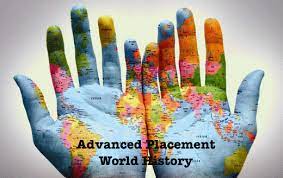
Advanced Placement World History
Advanced Placement World History
AP World History: Modern is an introductory college-level modern world history course. Students cultivate their understanding of world history from c. 1200 CE to the present through analyzing historical sources and learning to make connections and craft historical arguments as they explore concepts like humans and the environment, cultural developments and interactions, governance, economic systems, social interactions and organization, and technology and innovation. Students must be able reason and write at a high level, writing is a key component of the course. Rigor of the course demands a great deal of self-motivation.
-

Advanced Placement Comparative Government and Politics
AP Comparative Government and Politics
Examine the political institutions and processes of six different countries—China, Iran, Mexico, Nigeria, Russia, and the United Kingdom—and compare the ways they address problems. You’ll analyze data and readings to draw conclusions about political systems.
-

Advanced Placement Human Geography
Advanced Placement Human Geography
AP Human Geography is a college-level course taught to high school freshmen. The goal of the class is to pass the AP exam in May to earn college credit. Taking rigorous courses will better prepare you for college. This course allows students to gain a global perspective as to why people are the way they are around the world, focusing on topics such as population, migration, economic development, globalization, cities, sustainability, culture, language, religion, race, gender, politics, and agriculture.

